Man who said painkillers made him gay has always liked men, says his dad
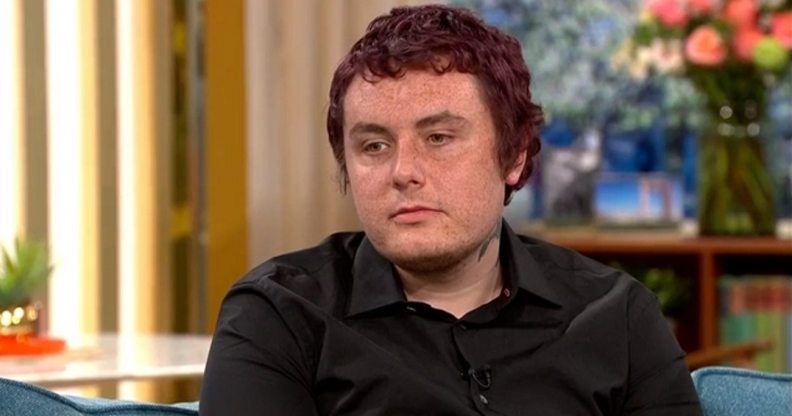
(ITV)
The man who claimed that painkillers turned him gay has always been attracted to men, according to his dad.
Scott Purdy, 23, went viral on Monday after alleging that Pregabalin, sold by pharmaceutical company Pfizer as Lyrica, turned him gay.
He said he was straight, with a girlfriend of six months, until a go-karting accident left him with a broken foot and the need to dull the pain.
Once he started using Pregabalin, he said it was just “four or five days” until his sexuality felt different.
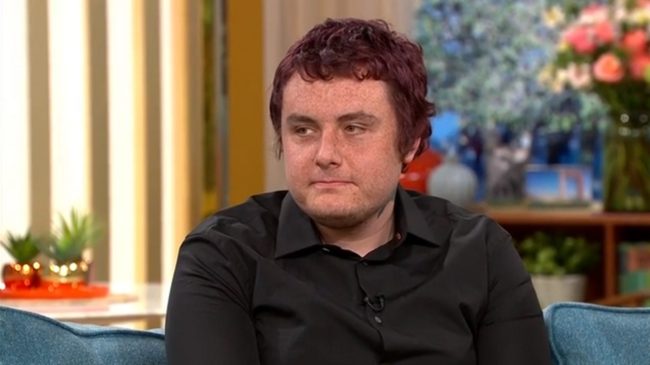
(ITV)
On Wednesday, Scott was gently but firmly schooled on ITV’s This Morning by Dr. Ranj Singh, an NHS doctor, presenter and author who told him that “these feelings were probably already there.”
The doctor added that “this has allowed you and given you permission to be who you are.”
But Scott’s dad, 57-year-old Nigel Purdy, told MailOnline that his son had always been attracted to men.
“I know my son and we have always just assumed he was bisexual; as it turns out he is gay. It’s just the way he was, even when he was younger,” claimed Nigel.

(ITV)
“It was his general mannerisms. A parent knows their child. I don’t know why he has waited to come out with all this. His whole life has been a lie.
“He has told me in the past that he admitted that he started experimenting with a lad when he was younger.”
Scott, who comes from Louth in Lincolnshire, has previously talked about having a gay relationship when he was a teenager.
Speaking on This Morning, he said: “When I was 16 or 17 I was a little curious, and there was a lad who I knew who was gay, and I started kissing him and that, but I turned around and said, ‘Nah, this ain’t for me.'”
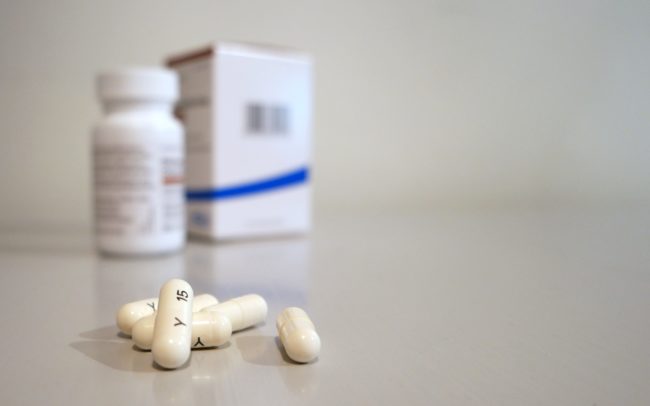
Stock image of pills (Pexels)
Nigel added that he had also taken Pregabalin, explaining: “They prescribed them for me after I had cancer to help me sleep.
“I have been on them for quite some while and I’m still straight.
“I saw that doctor on This Morning yesterday; how he managed to keep a straight face I don’t know.”
Scott’s stepmother Gail, who has known Scott since he was four years old, said: “We’ve asked him for years if he likes men and he could have just admitted it to us.”
Gail, 56, also didn’t believe that the painkillers had changed her stepson’s sexuality.
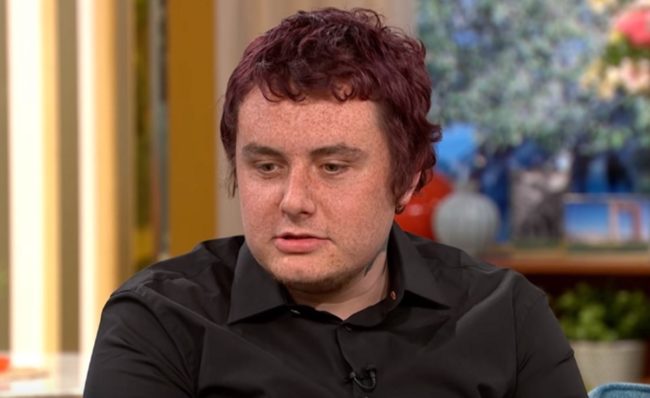
(ITV)
On This Morning, Scott explained that after he started taking the drug, when it came to his girlfriend, he “started giving her less cuddles, less attention.
“All I craved and wanted was male attention. I thought it was a bit weird, so I stopped all medication. Everything,” said Scott.
“As soon as that happened and I stopped taking it, my attraction to my (now) ex-girlfriend went back up. I was more intimate with her, cuddly with her – everything was normal.”
But he said he’s happy being gay, and scared that if he goes off the medication, his heterosexual feelings will return.
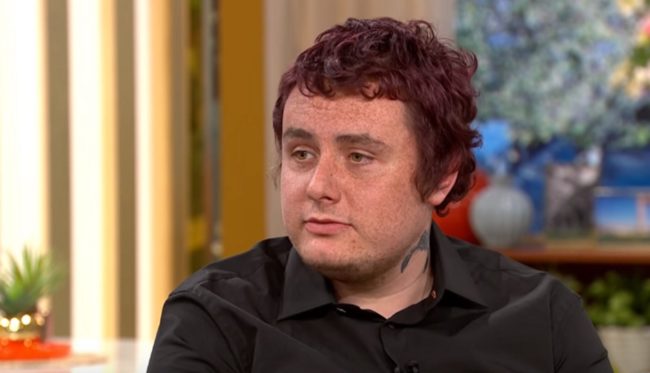
(ITV)
“I’m really happy now I’m on it. I know now – the fear is that I stop taking it and I go back to how I was. But I wouldn’t wanna do that.”
When asked by presenters Holly Willoughby and Philip Schofield if perhaps he was gay all along and made to feel less anxious about his sexuality by the medication, he responded: “I never had desires for men.”
“I didn’t look upon men like, ‘I really want you,’ or anything like that. It’s so recent and so out of the blue,” he explained.
In a statement to PinkNews on Monday, Pfizer said: “When prescribed and administered appropriately as per the approved label, Lyrica® (pregabalin) is an important and effective treatment option for many people living with chronic neuropathic pain, generalised anxiety disorder and epilepsy.
“The clinical effectiveness of this medicine has been demonstrated in a large number of robust clinical trials among thousands of patients living with these conditions.
“To date, the worldwide exposure to pregabalin is an estimated 34 million patient years.”
The global mega-company recommended that patients experiencing “any unexpected side effects” immediately report them to a doctor or another healthcare professional.
“Patient safety is, and will always be, Pfizer’s utmost priority,” the statement continued.
“We work with regulatory authorities around the world to continuously evaluate and monitor safety for each and every Pfizer medicine through ongoing clinical research, analysis and surveillance.”
PinkNews asked Pfizer whether Pregabalin could make people gay, to which a spokesperson for the company responded: “We have no further comment to add in relation to this story.”

